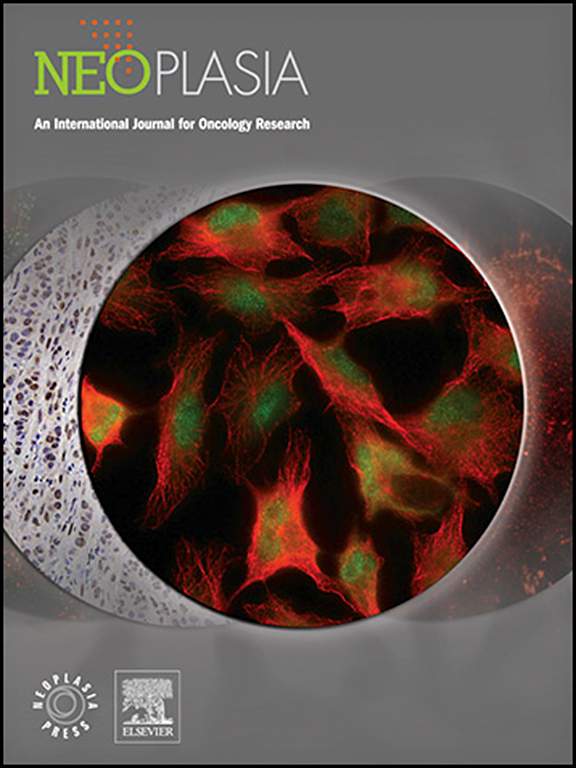微生物分子、代谢物和恶性肿瘤。
IF 4.8
2区 医学
Q1 Biochemistry, Genetics and Molecular Biology
引用次数: 0
摘要
在过去十年中,阐明微生物群在致癌作用的研究呈指数级增长。该领域最初仅局限于结肠癌发展的相关研究,现在已经扩展到几乎所有可能影响人体的固体和液体恶性肿瘤。研究正在迅速从关联发展到因果关系,其中一个特定的因果关系领域涉及微生物代谢物及其如何影响癌症的发生、进展和治疗反应。这些代谢物可以从微生物组的个体成员(无论是细菌、真菌、古生菌还是其他微生物)中重新产生,也可以通过饮食化合物甚至宿主衍生分子的代谢过程产生。在这篇综述中,当代研究阐明了微生物衍生分子和代谢物影响致癌和癌症治疗效果的机制。虽然许多例子都集中在结肠癌发生中的细菌代谢物上,但这仅仅说明了这些研究的加速性质,这些研究发生在微生物组研究的早期,但为其他癌症领域的发展提供了机会。事实上,对微生物衍生代谢物在其他恶性肿瘤中的相互作用的研究正在增加,涉及非细菌代谢物的研究也在增加。这篇综述将为读者提供一个框架来扩展他们对这个复杂而令人兴奋的癌症研究领域的知识。本文章由计算机程序翻译,如有差异,请以英文原文为准。
Microbial molecules, metabolites, and malignancy
Research elucidating the role of the microbiome in carcinogenesis has grown exponentially over the past decade. Initially isolated to associative studies on colon cancer development, the field has expanded to encompass nearly every solid and liquid malignancy that may afflict the human body. Investigations are rapidly progressing from association to causation and one particular area of causal effect relates to microbial metabolites and how they influence cancer development, progression, and treatment response. These metabolites can be produced de novo from individual members of the microbiome, whether that be bacteria, fungi, archaea, or other microbial organisms, or they can be through metabolic processing of dietary compounds or even host-derived molecules. In this review, contemporary research elucidating mechanisms whereby microbial-derived molecules and metabolites impact carcinogenesis and cancer treatment efficacy will be presented. While many of the examples focus on bacterial metabolites in colon carcinogenesis, this simply illustrates the accelerated nature of these investigations that occurred early in microbiome research but provides an opportunity for growth in other cancer areas. Indeed, research into the interaction of microbiome-derived metabolites in other malignancies is growing as well as investigations that involve non-bacterial metabolites. This review will provide the reader a framework to expand their knowledge regarding this complex and exciting field of cancer research.
求助全文
通过发布文献求助,成功后即可免费获取论文全文。
去求助
来源期刊

Neoplasia
医学-肿瘤学
CiteScore
9.20
自引率
2.10%
发文量
82
审稿时长
26 days
期刊介绍:
Neoplasia publishes the results of novel investigations in all areas of oncology research. The title Neoplasia was chosen to convey the journal’s breadth, which encompasses the traditional disciplines of cancer research as well as emerging fields and interdisciplinary investigations. Neoplasia is interested in studies describing new molecular and genetic findings relating to the neoplastic phenotype and in laboratory and clinical studies demonstrating creative applications of advances in the basic sciences to risk assessment, prognostic indications, detection, diagnosis, and treatment. In addition to regular Research Reports, Neoplasia also publishes Reviews and Meeting Reports. Neoplasia is committed to ensuring a thorough, fair, and rapid review and publication schedule to further its mission of serving both the scientific and clinical communities by disseminating important data and ideas in cancer research.
 求助内容:
求助内容: 应助结果提醒方式:
应助结果提醒方式:


